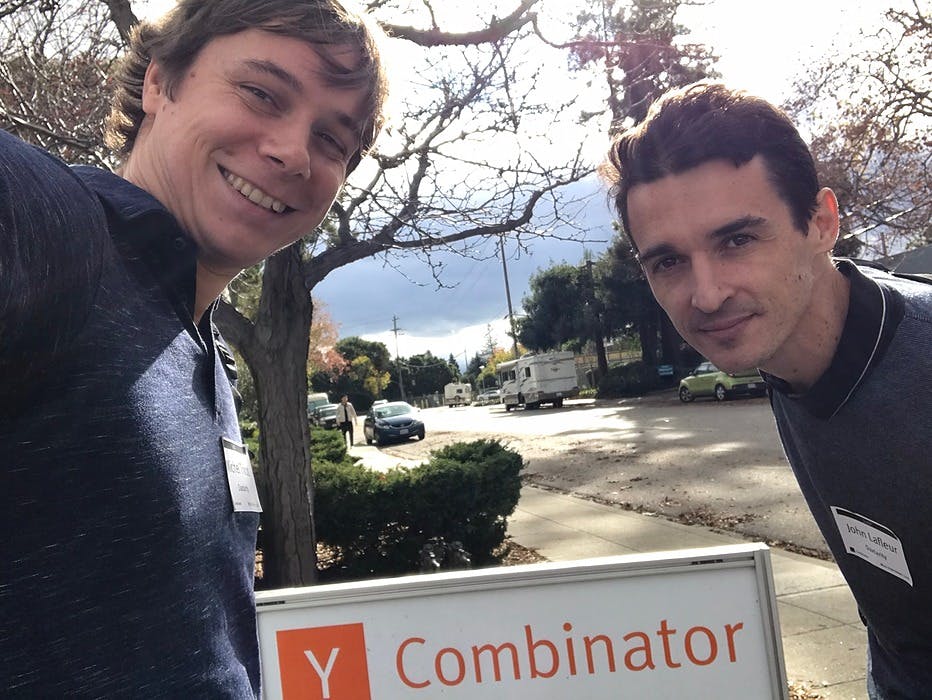1,745 reads
How We Applied Twice for the Same YCombinator Batch
by
April 3rd, 2020
Audio Presented by
Co-founder at Airbyte.io, the new standard for open-source data integration
About Author
Co-founder at Airbyte.io, the new standard for open-source data integration
